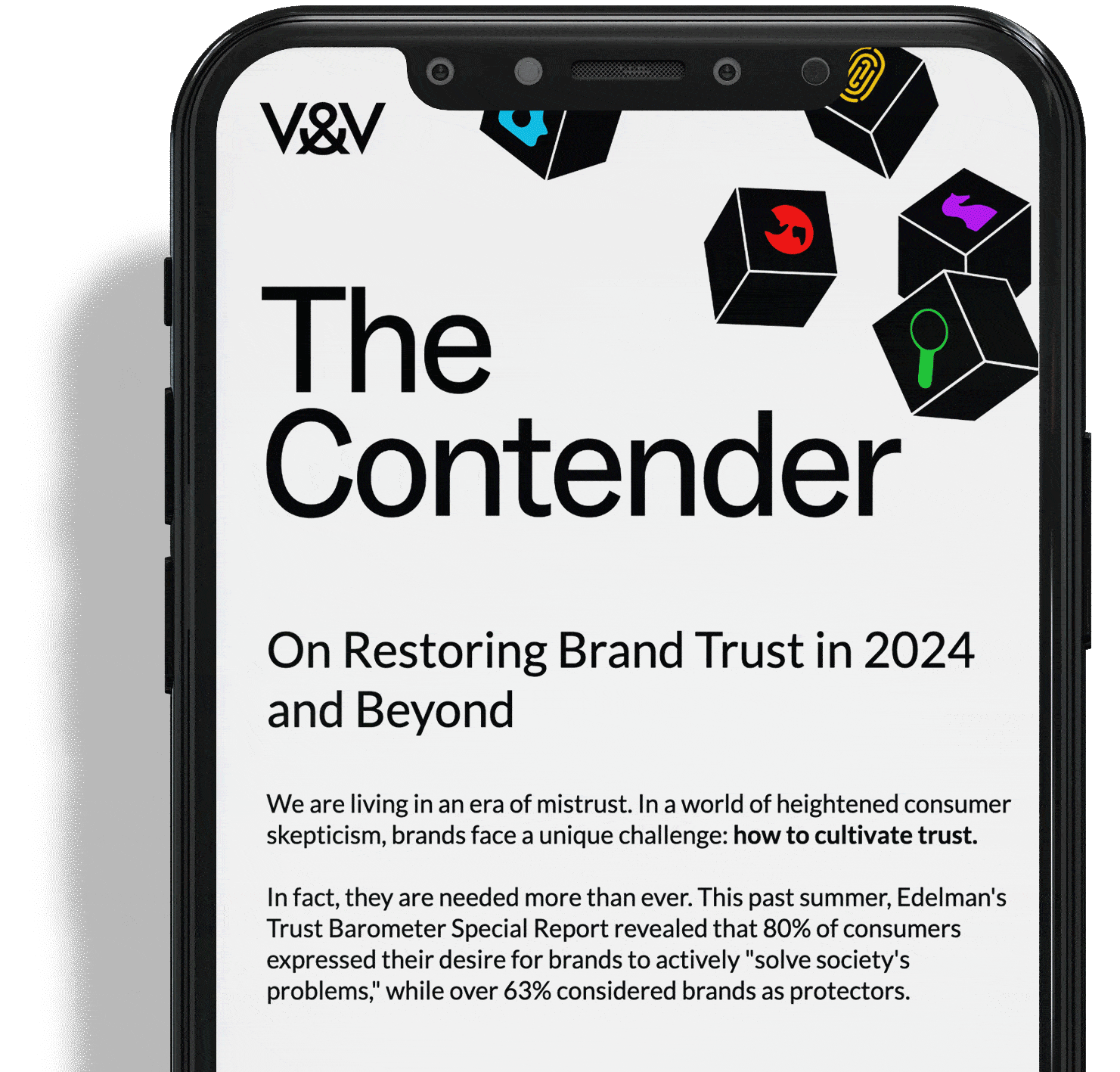This post originally appeared in Fast Company.
What do Fenty Beauty, dementia, and improvisational comedy have in common? They serve as instruction and inspiration on how to build a strategic, successful, and compassion-driven brand.
Let me explain.
Dementia isn’t usually synonymous with laughter and levity, so imagine my surprise when I came across this article about a Tokyo pop-up restaurant that only hires waitstaff with dementia. The best part is its name: the Restaurant of Mistaken Orders.
The premise of this one-of-a-kind dining experience is that you may not always get what you ordered. “Thirty-seven percent of our orders were mistaken,” the restaurant reports in its short film, “but 99% of our customers said they were happy.”
This unique initiative aims to raise dementia awareness, especially in Japan, where one in five of its “super-aging population” will be diagnosed with a neurological condition, such as dementia, by 2025.
The Restaurant of Mistaken Orders is just one of many with similar hiring practices. The Vancouver restaurant, The Dark Table, hires almost exclusively blind or visually impaired wait staff to raise awareness of the population’s gross unemployment rate. According to the Canadian National Institute for the Blind, individuals with sight loss triple the country’s general unemployment rate.
Such initiatives tend to be highly celebrated, with the Restaurant of Mistaken Orders awarded the silver in design at the Cannes Lion Awards in 2019.
But what do either of these restaurants have to do with building a better, more strategic brand?
To answer that, we must turn to improv comedy and its “yes, and” principle. This fundamental rule suggests that an improviser should accept (“yes”) and expand (“and”) on the contributions made by others. Like the best improvisers, the most innovative brands are those that see opportunities where others may see challenges—to lean into realities that others would rather ignore.
Take Fenty Beauty, for example. Before Rihanna launched her makeup brand in 2017, foundations and other skin products were historically based on milky white and soft beige flesh tones, discounting primarily deeper skin tones. Consumers responded enthusiastically to Fenty’s launch, purchasing $72 million in its first month—5x the revenue of the brand’s closest competitors. Fenty was named one of Time Magazine’s “Inventions of the Year.”
Building a brand like Fenty Beauty requires rewriting the rules of success. Instead of turning down ideas that come your way, entertain them. Instead of ignoring the realities of difficult situations, recognize their opportunities.
The Restaurant of Mistaken Orders and The Dark Table said “yes” to the challenges of those affected by dementia and blindness “and” as a result, created unique, once-in-a-lifetime dining experiences. Fenty Beauty said “yes” to the concerns and frustrations of BIPOC consumers in the makeup industry “and” responded with the most diverse and comprehensive product line ever seen in the makeup industry, setting a clear expectation to its competitors.
These are not marketing initiatives. They are intentional and socially driven endeavors and serve as a reminder that it is possible to find meaning, purpose, and compassion in otherwise isolating situations.
Find Meaning by Ditching Aspiration
As a branding professional, part of my job is to help brands find their purpose, or their “why.” But, as these things always go, it’s often harder to do for ourselves what we do for our clients.
When my dad passed away from dementia in December 2022, my family and I struggled to find meaning and purpose in our loss. I kept asking myself, “Why?” hoping for some big, aspirational life truth to present itself.
But here’s the problem with blue-sky aspiration: It’s detached from reality.
That’s why I love the Restaurant of Mistaken Orders. Their aspiration could have easily been “to cure dementia,” with funding going to research. While charitable, it would be detached from the realities of those affected by dementia today. Instead, their “why” is much more grounded: “To promote understanding of dementia,” with funds going directly to the pop-up staff.
As for me, I decided to ditch aspiration and take my wife and two kids to Egypt. It was a once-in-a-lifetime trip. I hope I never forget it. But even if my memory fades, I find solace in knowing that my children will be able to relive these precious moments with me, just as I did for my father in his final days and will continue to do for as long as I am alive.
To sustain my family’s legacy. If that isn’t meaning and purpose, then I don’t know what is.




